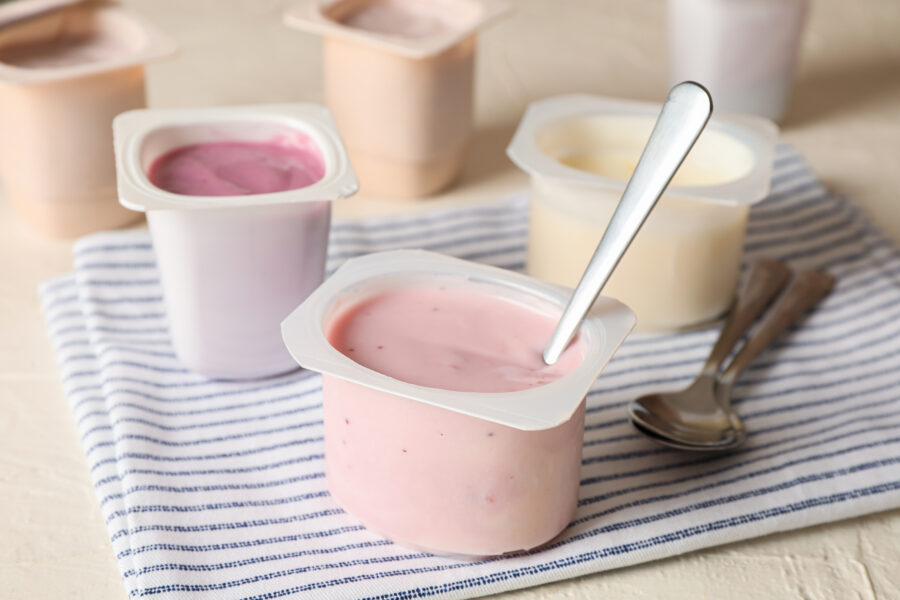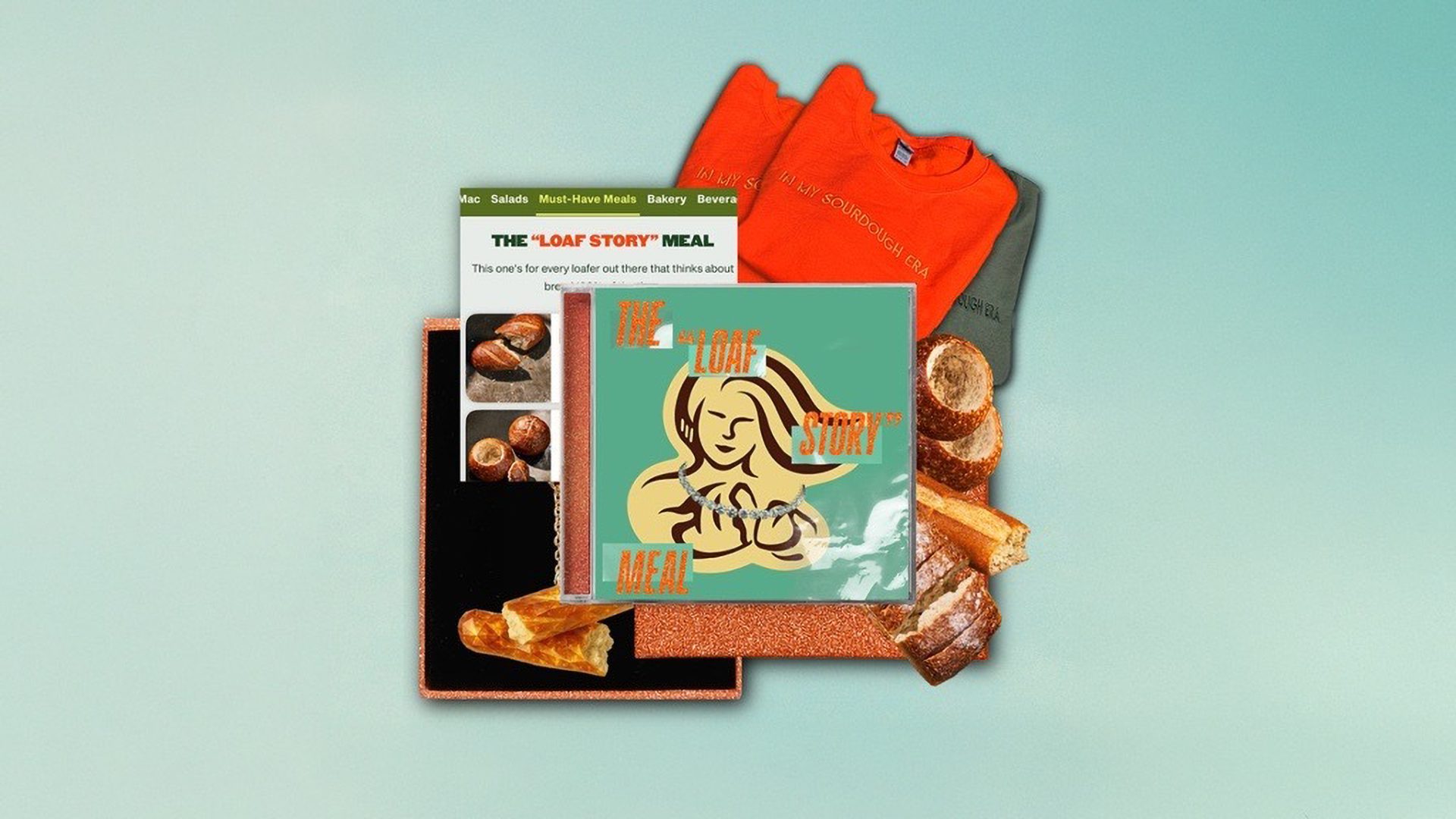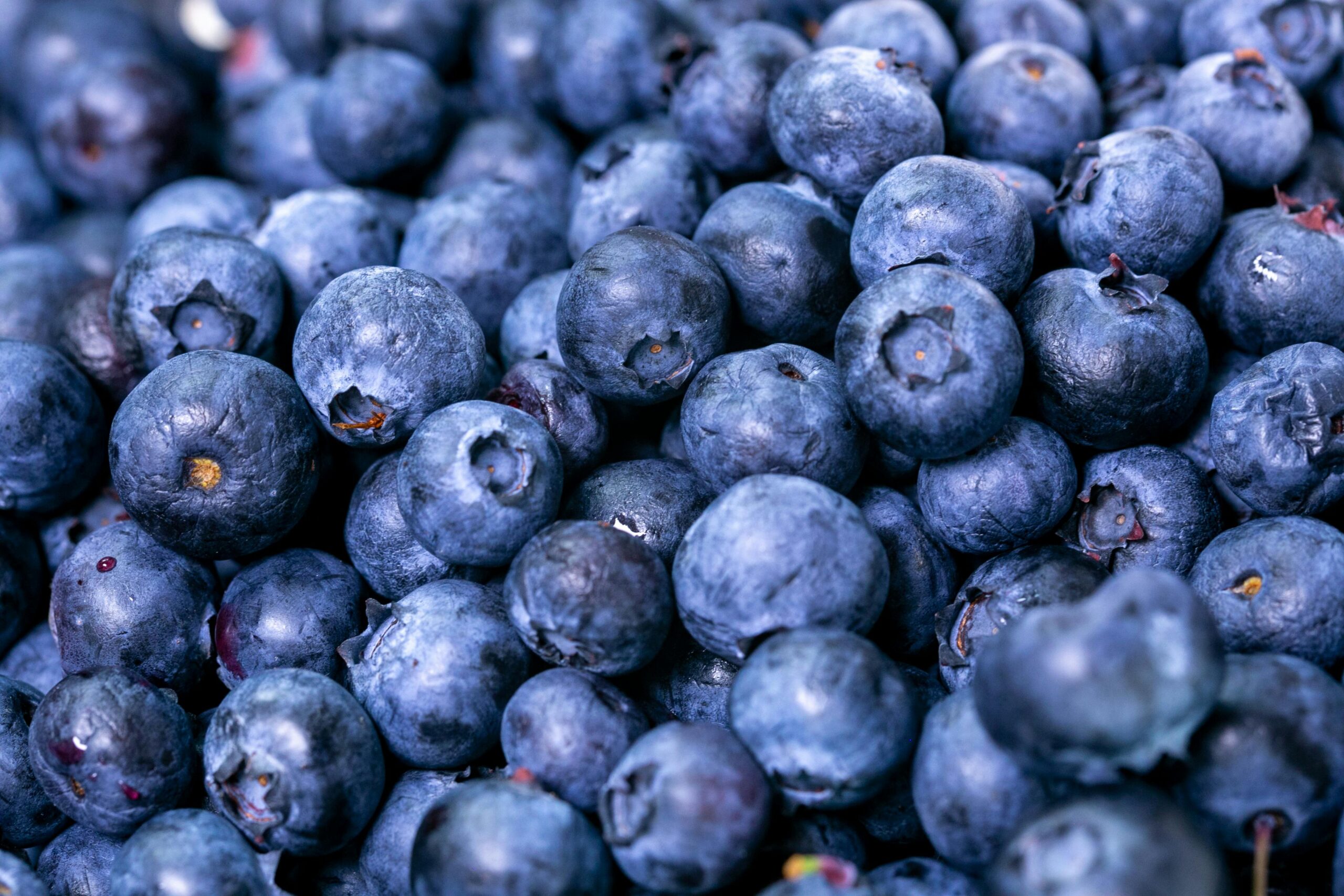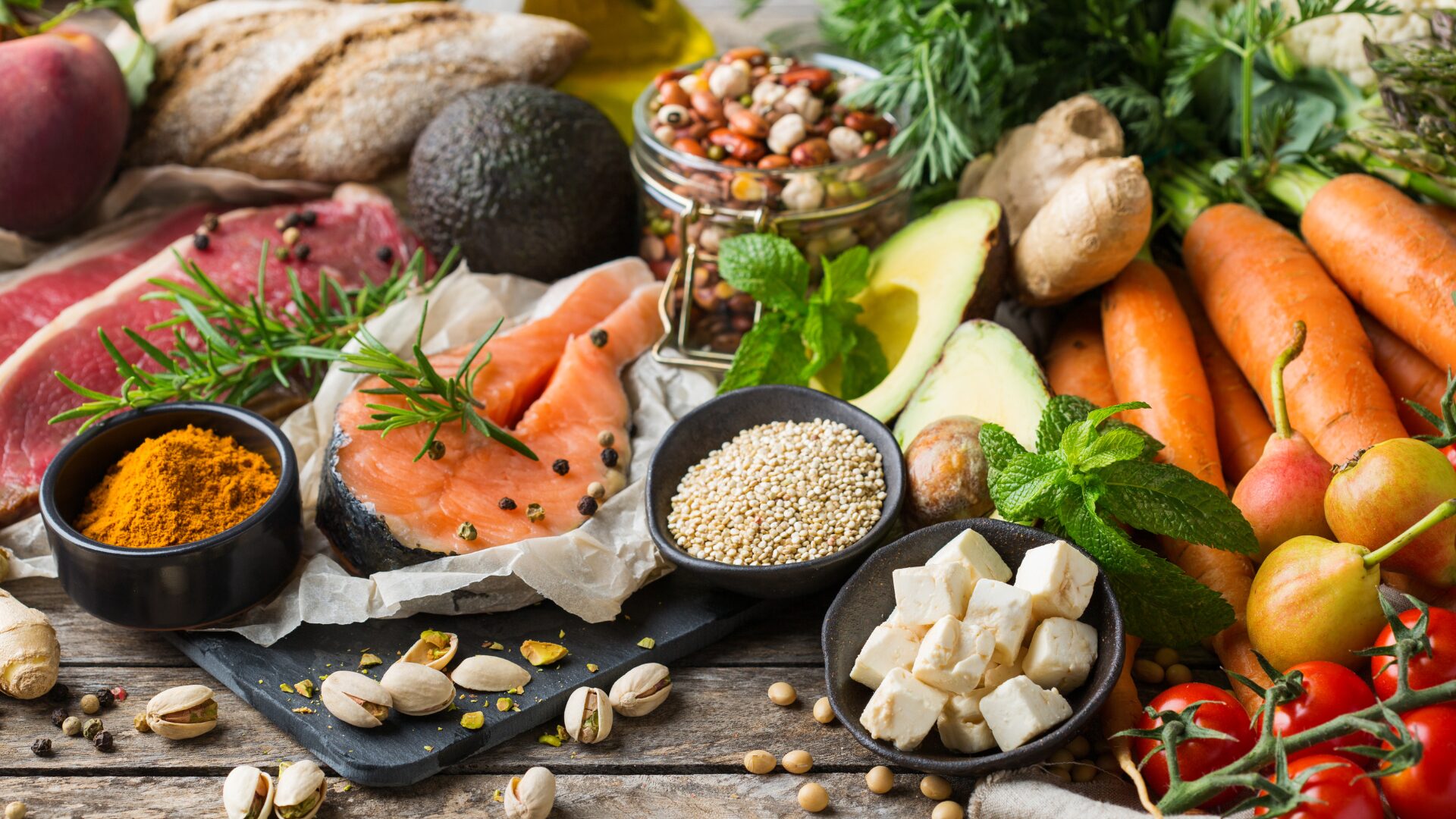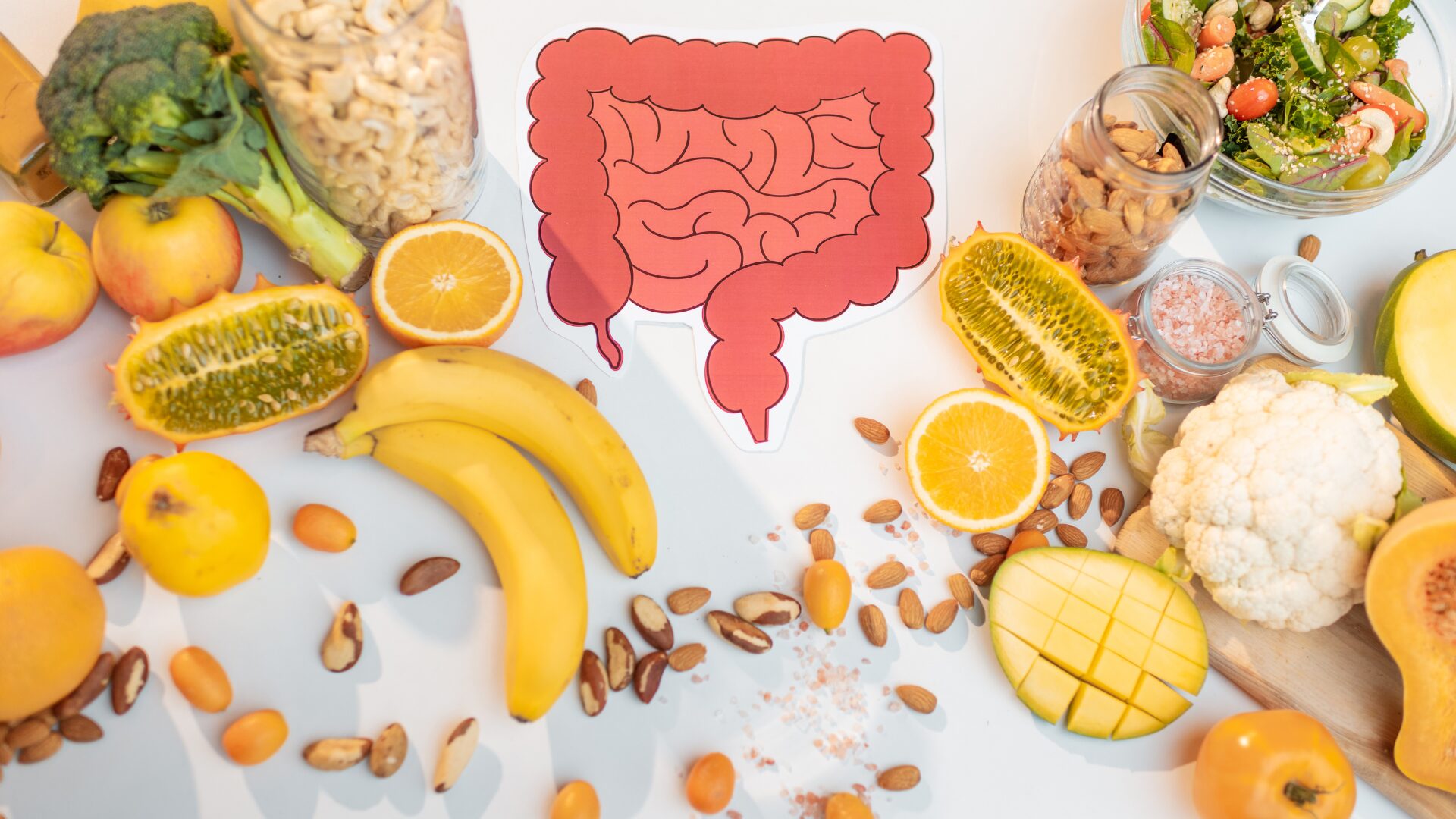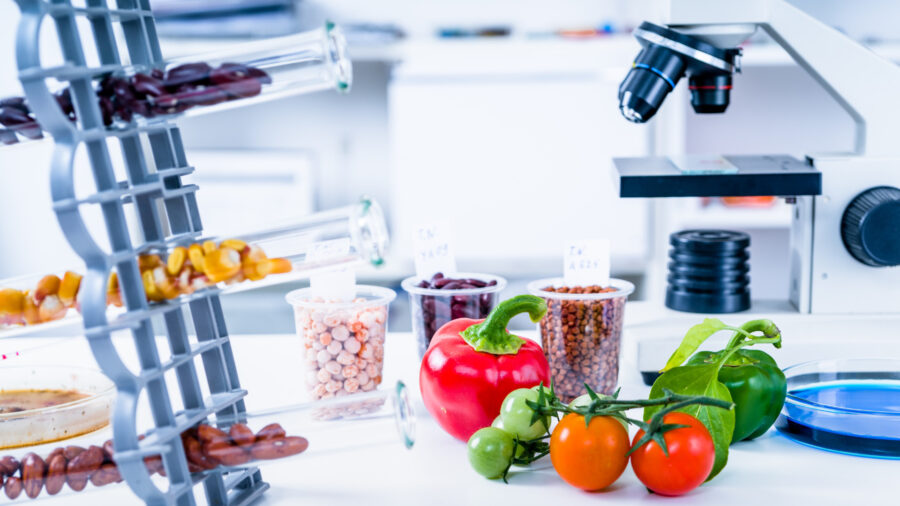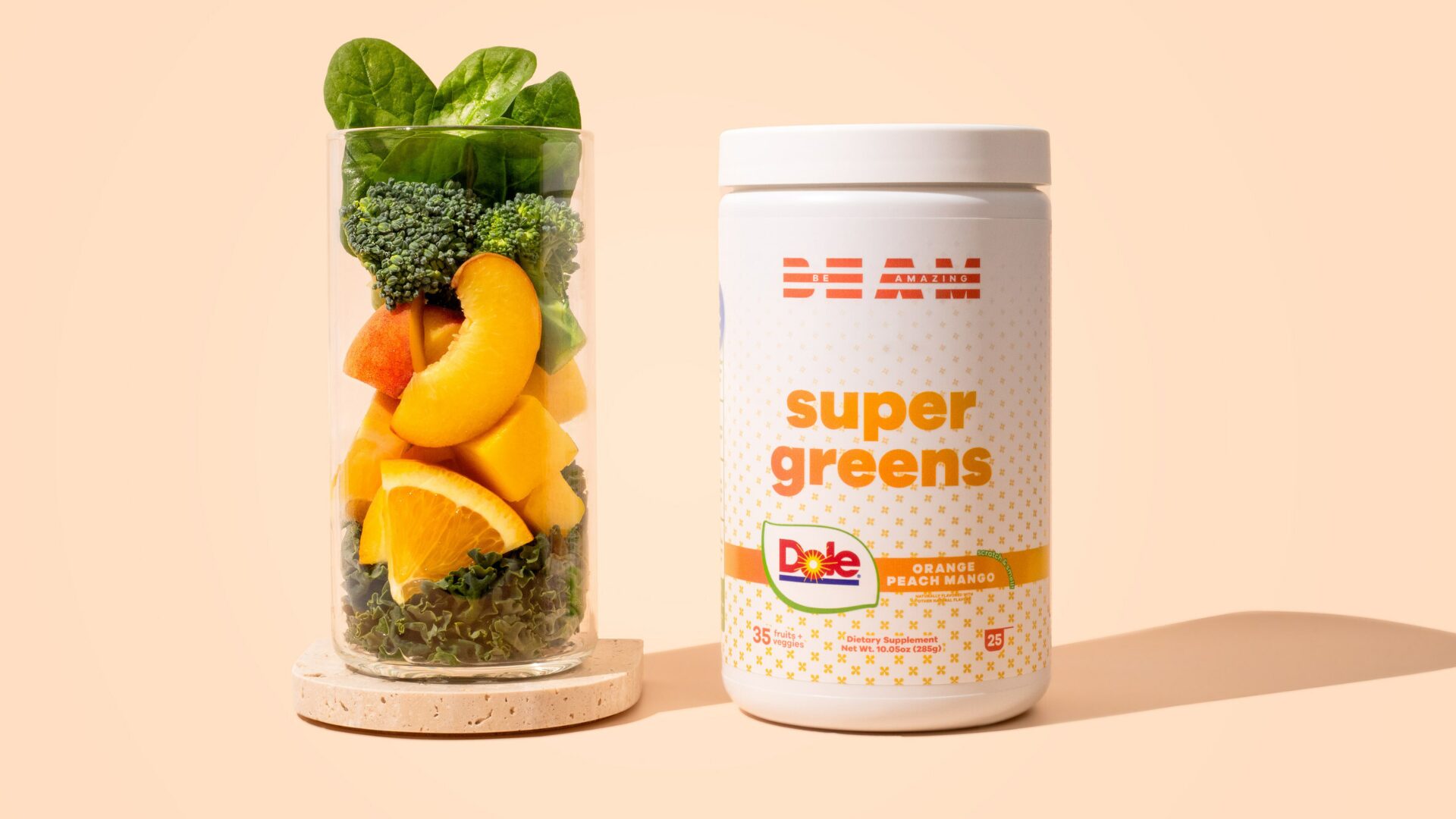Nobody likes peeling the lid off a yogurt container and finding that their snack has gone moldy. Enter bioprotection: a natural technique that prevents yeast and mold from growing, extending the shelf life of fermented foods and the manufacturer’s bottom line.
Shannon Neuens, microbiologist at Chr. Hansen, a global bioscience company, recently appeared on The Food Institute Podcast to break down the science behind fermentation-enabled bioprotection and its benefits for both makers and consumers of food.
WHAT IS BIOPROTECTION?
Bioprotection means adding food cultures, or “good bacteria,” during the fermentation process to help prevent spoilage from happening in fermented foods—dairy products, fermented meats, even wine.
According to Neuens, bioprotection “is used to inhibit the outgrowth of yeast and mold, which are very commonly identified as spoilage organisms in dairy products.”
Chr. Hansen’s bioprotection product line for dairy is called FRESHQ, which has a variety of applications, from yogurt and sour cream to cottage cheese and pasta filata.
HOW DOES BIOPROTECTION WORK?
“FRESHQ cultures are lactic acid bacteria of the genre lactobacilli,” Neuens explained. During the fermentation process, these active cultures uptake a compound in milk called manganese. Manganese is a limited nutrient in milk that yeast and mold need to grow.
“By sequestering the manganese during the fermentation process, it becomes unavailable for yeast and mold to grow in the dairy product throughout the shelf life,” said Neuens. Simply put, FRESHQ cultures take away the nutrients that spoilage organisms feed on, extending the shelf life of dairy products.
WHAT ARE THE BENEFITS OF BIOPROTECTION?
1. Extending shelf life and preserving freshness
Inhibiting yeast and mold growth staves off spoilage and “can add days to the shelf life of the product,” according to Neuens. For food manufacturers, this means being able to extend the product’s supply chain out further and potentially reach new customers.
From a consumer’s perspective, fermentation-enabled bioprotection preserves the freshness of the product throughout its shelf life. “This becomes very important, I think, for products such as multi-serve containers,” Neuens explained.
It’s unlikely that a consumer will eat a 32-ounce tub of yogurt in one sitting. It’s more likely that they will open the container and take it out of the refrigerator several times over a few days. According to Neuens, FRESHQ cultures help prevent “any secondary contamination from yeast and mold [in] those situations” and preserve quality.
2. Reducing food waste
Bioprotection can reduce food waste by avoiding potential discards or recalls due to spoilage. This improves the carbon footprint of a product, which appeals to climate-conscious consumers and food producers alike.
3. Bioprotection is natural
Food cultures are already inherent to fermented dairy products; they provide texture and convert milk into a more solid mass through the coagulation process. “Yogurt can’t be made without good bacteria through a fermentation process,” Neuens explained. FRESHQ is just another good bacteria.
Bioprotection, therefore, eliminates the need for artificial or chemical preservatives, which meets consumer demand for clean label products.
“I think that adding potassium sorbate, for instance, on a yogurt label, could have a negative impact on the consumer perception of the product,” Neuens said. “Whereas adding FRESHQ to a product, you already had that starter culture on the label, and it’s a natural, clean aspect to that label.”


